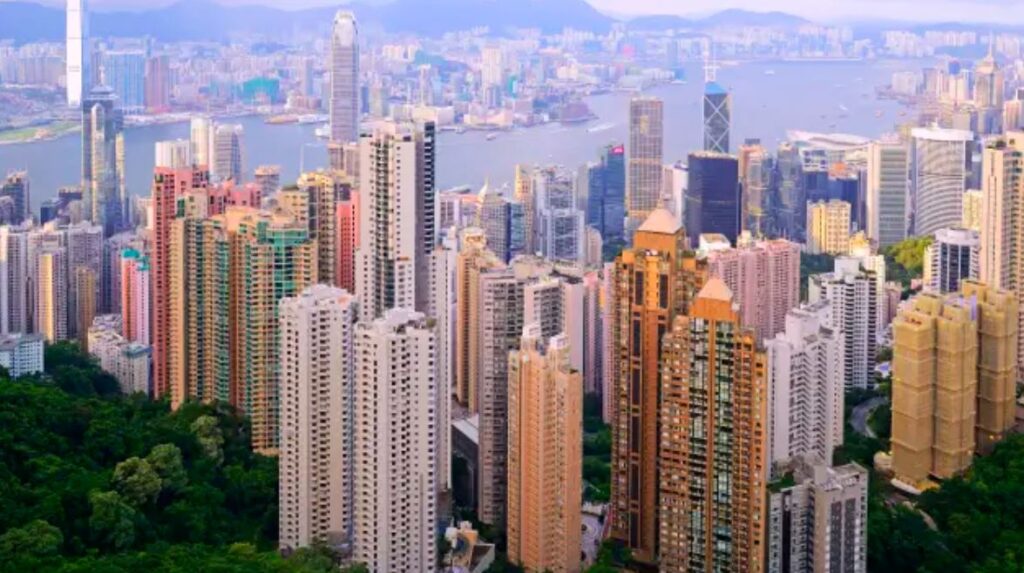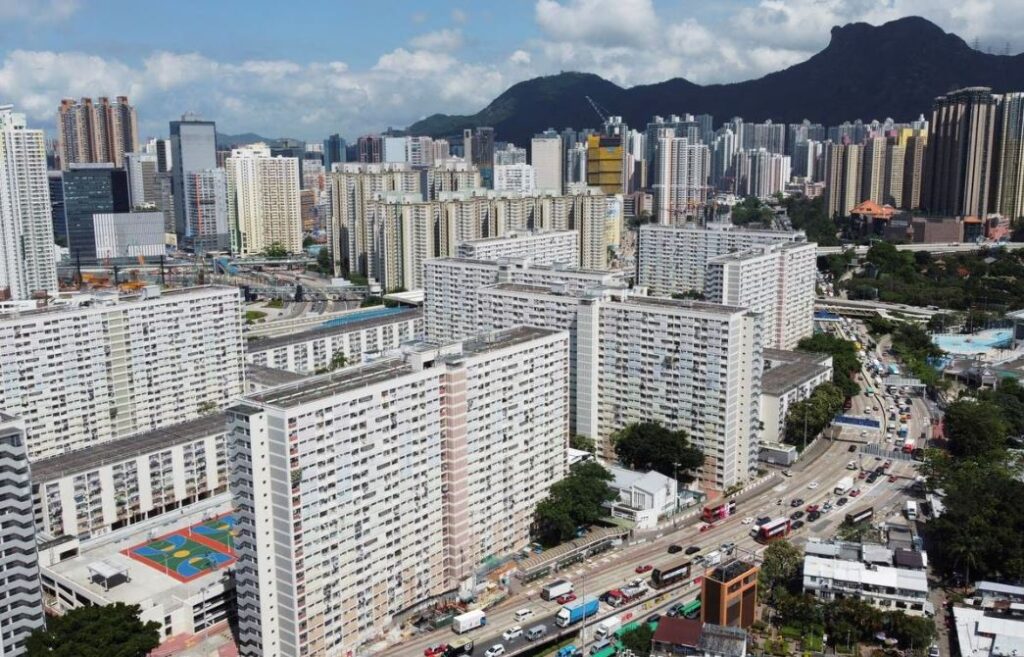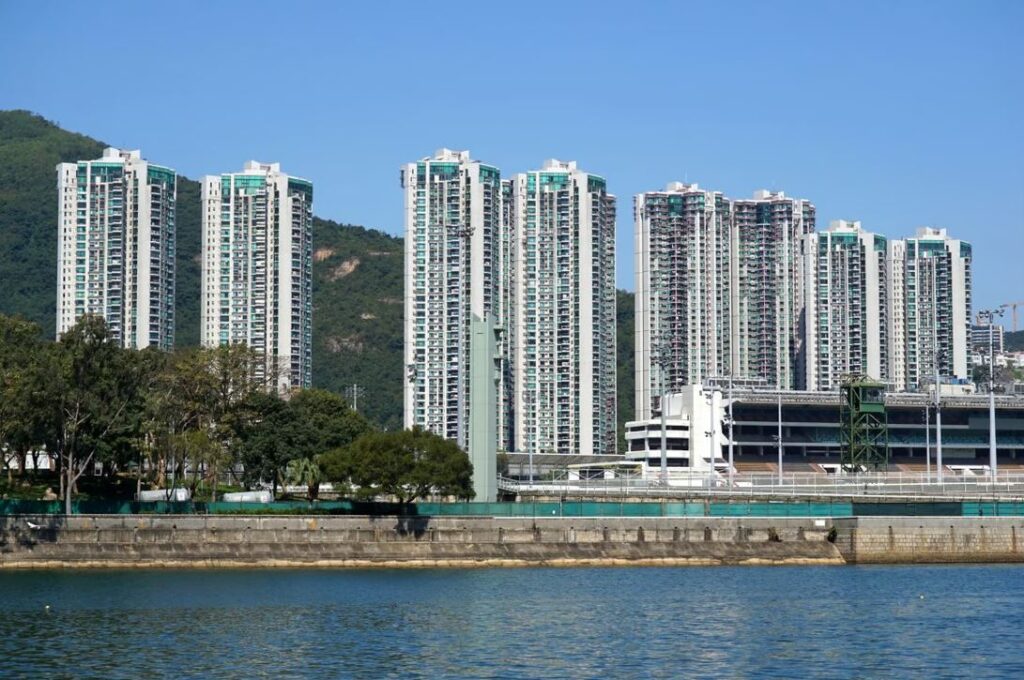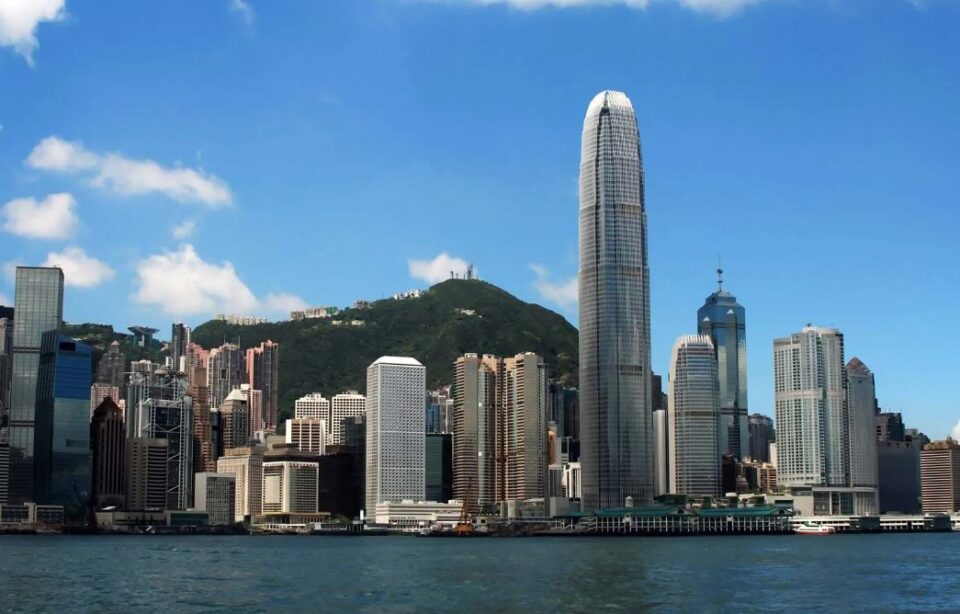Despite the possibility of a protracted period of price adjustment, 2023 might see a slower rate of drop.
The worst decline in the private housing market in Hong Kong since the 2009 financial crisis occurred in 2022, with mass residential capital prices falling by more than 10%. Market confidence was undermined by predictions of prolonged interest rate increases.
The big question is how much further will property values decline? We think that even though a protracted period of price adjustment may occur, the rate of drop in 2023 may be less severe. Some market players may have overreacted, and the residential market may already have taken into account the majority of the downside risks from the previous six US rate hikes.

There are additional factors that could effect home prices, even if the rising mortgage rate directly affects home purchasers’ affordability. For instance, during the most recent rate hike cycle, the value of mass residential capital increased by 24.8% while the HKD short-term interest rate (HIBOR) climbed by 200 bps from 2015 to 2018.
Similar to this, the current rate hike cycle has seen Singapore’s private residential property price index rise by 7.3%, according to the Urban Redevelopment Authority of Singapore, while the SGD short-term interest rate (SIBOR) increased by 240 bps from March to September 2022.

Another important aspect that affects housing values is net population mobility. The net population exodus reached a record high of 95,000 from June 2021 to June 2022. The very mobile segment of Hong Kong’s population may already have left, so starting next year, the exodus will probably slow down.
The number of BNO visa applications fell to 10,100 in the third quarter of 2012, the fewest since the UK began this program. On the other hand, although it is still below the pre-pandemic level, the number of one-way permit holders from Mainland China has steadily increased since 2021.

We anticipate that the inflow of one-way permit holders from Mainland China would increase to above 30,000 in 1H23 from 18,300 in 1H22 as a result of talent attraction programs and normalized travel. Due to impending uncertainties, Hong Kong home purchasers have recently adopted a wait-and-see attitude, and the volume of main homes sold has decreased by 32% up to October 2022.
The need for home improvements and the demand from first-time homebuyers will be unleashed once projects are started at affordable pricing. Also, a large number of wealthy investors will keep looking for deals in the home market.
However, the fierce competition among new project launches and the unsold units of finished projects, which have accumulated for four consecutive quarters, may put pressure on prices in the short term. The market will take around 1.5 years to absorb the shares, based on the average monthly main sales volume this year.
The government still has time to stabilize the housing market given the cooling measures already in place. Also, the recent easing of quarantine restrictions in Mainland China and lower-than-anticipated US inflation have given the market some much-needed confidence.
The gradual stabilization of the external environment and Hong Kong’s complete reopening may bolster housing demand and slow the pace of the housing market correction.




